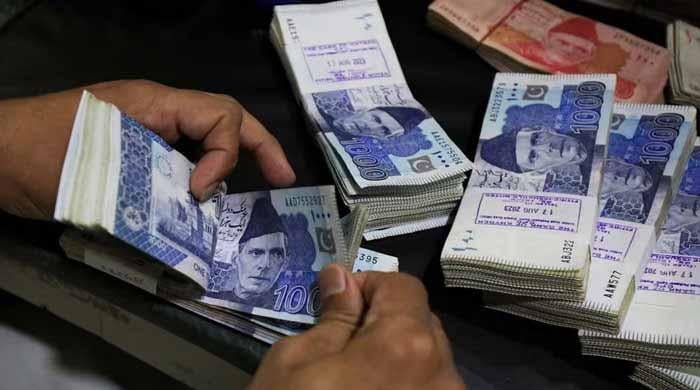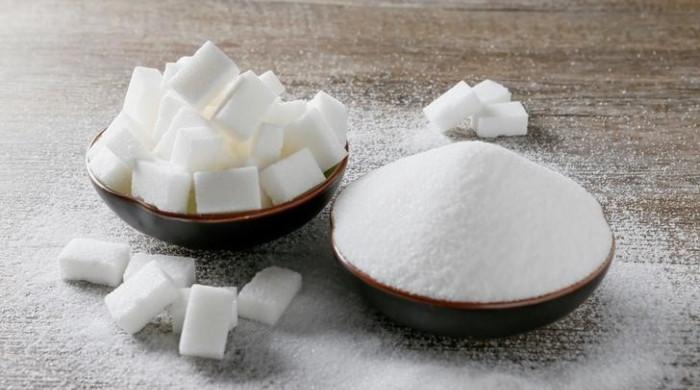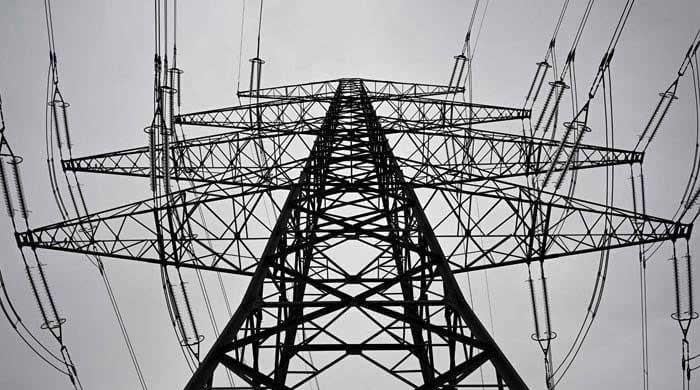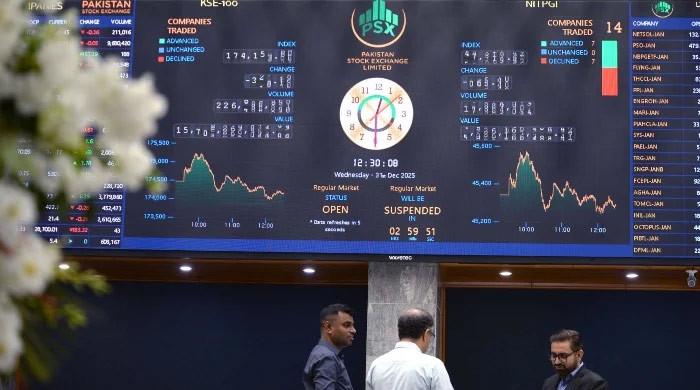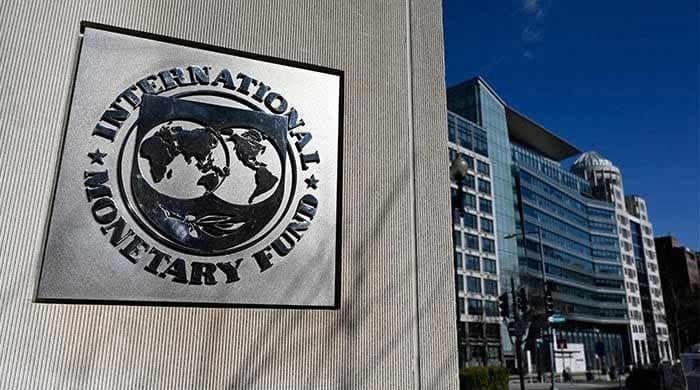Govt warns of fuel price hike as global markets jump amid Iran-Israel conflict
Omar Ayub raises alarm over worsening outlook, saying Pakistan already caught in domestic debt trap
June 16, 2025
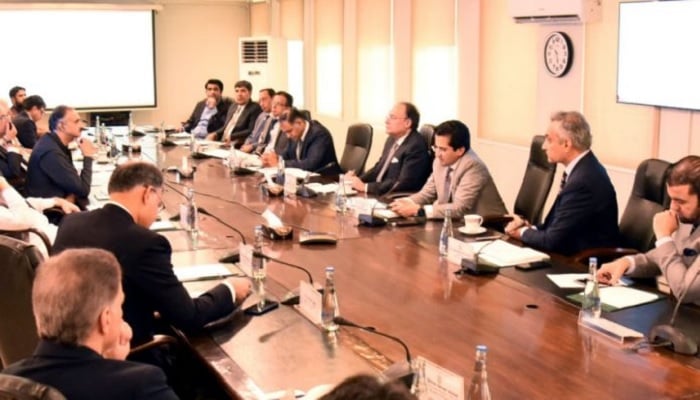
- Pakistan has enough reserves for now, but prices may rise if global rates spike.
- PM forms panel to monitor fuel prices, ensure supply amid Iran-Israel war.
- FinMin, opposition warn conflict could deepen budget and trade deficits.
ISLAMABAD: Authorities have warned that domestic fuel prices may rise in line with the global market, where oil has surged by 16% due to the Iran-Israel war, with no intention to reduce the Petroleum Development Levy (PDL).
Reuters reported that global oil prices fluctuated on Monday after surging 7% on Friday, as renewed strikes by Israel and Iran over the weekend sparked fears of a wider regional conflict that could disrupt oil exports from the Middle East.
Brent crude futures were up 6 cents, or 0.08%, to $74.29 a barrel, while US West Texas Intermediate crude futures gained 21 cents or 0.29%, to $73.19. They had surged more than $4 a barrel earlier in the session and also fell into negative territory briefly.
At a meeting of the National Assembly’s Standing Committee on Finance, chaired by Naveed Qamar on on Monday, Finance Secretary Imdadullah Bosal said Pakistan had enough petroleum reserves for now, but stressed that if global prices continue to climb, local prices would have to be adjusted accordingly.
“We’re keeping a close watch,” he said. “But if rates go up internationally, we’ll have to increase ours too, and the levy is staying in place.”
Opposition Leader Omar Ayub also raised alarm over the worsening outlook, saying Pakistan is already caught in a domestic debt trap and the conflict is likely to swell both the budget deficit and the trade gap.
In a rare moment of unity, Finance Minister Muhammad Aurangzeb agreed with the opposition’s assessment and confirmed that Prime Minister Shehbaz Sharif has formed a high-level committee to monitor petroleum prices and stockpiles.
“The committee has already met today (Monday),” he said.
Ayub went further, calling the regional crisis a tipping point. “The situation is deteriorating fast. The world is heading towards a broader war, and everything could be swept away,” he warned.
The Middle East found itself plunged into a perilous new chapter of war following an unprecedented escalation of hostilities between Israel and Iran on Friday.
An unprovoked Israeli strike on Iran’s top military and nuclear figures in the dark of the night quickly escalated into a full-blown conflict, with heavy exchanges on both sides and regional stability at risk.
Earlier in the day, the finance minister chaired the inaugural meeting of a high-level committee formed to monitor petroleum prices amid regional tension, which conducted a detailed assessment of the global and domestic petroleum market situation.
In response to the evolving geopolitical situation following Israel’s recent attack on Iran and the resulting volatility in the international oil markets, the prime minister has constituted a high-level committee to monitor petroleum product pricing and supply dynamics, said a press release.
The committee is chaired by the finance czar and includes senior representatives from key federal ministries, regulatory authorities, and energy sector experts.
The committee expressed satisfaction that Pakistan currently holds adequate stocks of petroleum products and there is no immediate risk of supply disruption. Nonetheless, members emphasised the need for continued vigilance given the rapidly changing regional context.
To ensure timely response and effective coordination, a working group will monitor developments daily, and the full committee will meet weekly to review the situation and submit recommendations to the Prime Minister.
The Petroleum Division has been designated to provide secretarial support and ensure effective implementation of the committee’s mandate.
The government remains fully committed to maintaining energy security, stabilising markets, and protecting the national interest during this critical time, according to the statement.
The committee has been entrusted to closely monitor the forward/ futures prices of petroleum products and the predictability of the supply chain given the current conflict in the region, besides determining the forex implications of price volatility for the short and medium term.






